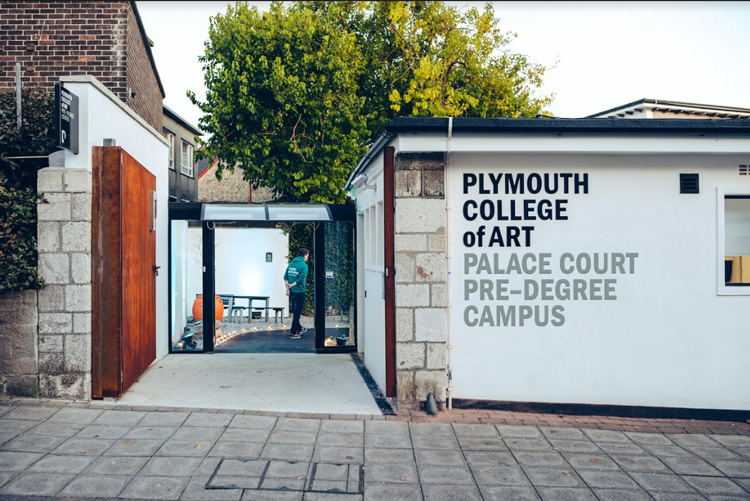The art
college’s associate dean of pre-degree has spoken out about the
importance of one-year foundation courses in providing students with
“excitement, variety and experimentation”.

Matias Shortcook, associate dean of pre-degree at the college, has spoken out to Design Week about the cutting of foundations, following institutions such as Falmouth University and Norwich University of the Arts dropping their courses. Falmouth’s was dropped last year, but Norwich was unable to confirm at the time of publishing when its course was discontinued.
Studying creative subjects will become “ticking boxes”
Shortcook has concerns that studying art and design will become about “dutifully following instructions” and “ticking boxes” if students are left to follow a more traditional educational path.“Without foundation courses, you’ll get a set of very dogmatic, simplistic investigations into the world – and design isn’t that,” says Shortcook.
“Design needs variety, multiplicity and excitement,” he continues. “To chart a simplistic educational course from GCSEs to A-Levels straight into a degree does not give the richness that many students benefit from.”
Shortcook has spoken to Design Week in light of Plymouth College of Art’s plans to open a new building dedicated to its Foundation Diploma in Art and Design.

The Foundation Diploma in Art and Design is a low-fee, or often free, year-long course that acts as an intermediary for many design students between college and university.
Foundations offer “a year of vital experimentation”
Foundation Diplomas in the UK are run at multiple universities, but often awarded by University of the Arts London (UAL), as is the case with Plymouth College of Art’s diploma.They offer students the opportunity to try different creative disciplines, such as graphics, advertising, fashion design, textiles and fine art, which gives them “a year of vital experimentation” and “confidence”, says Shortcook.
“A foundation allows students to explore and touch upon different art and design forms, before going into an undergraduate and refining that,” he says. “It’s like 100 foundation courses in one. Students then arrive at their degree confident that it is the right one for them, and are therefore happier.”
Government cuts have resulted in closing of courses
Shortcook adds that Government cuts to funding towards the arts have “certainly informed the decision” to close courses.Universities have seen funding slashed in recent years, with humanities and the arts bearing the brunt as the Government focuses on STEM (Science, Technology, Engineering and Maths) subjects.
Universities such as UAL and Goldsmiths were hit by cuts in 2011, while Falmouth University’s director of communications Robert Hillier confirmed last year that the university’s foundation course was closed because it was “expensive to run”.
No comments:
Post a Comment